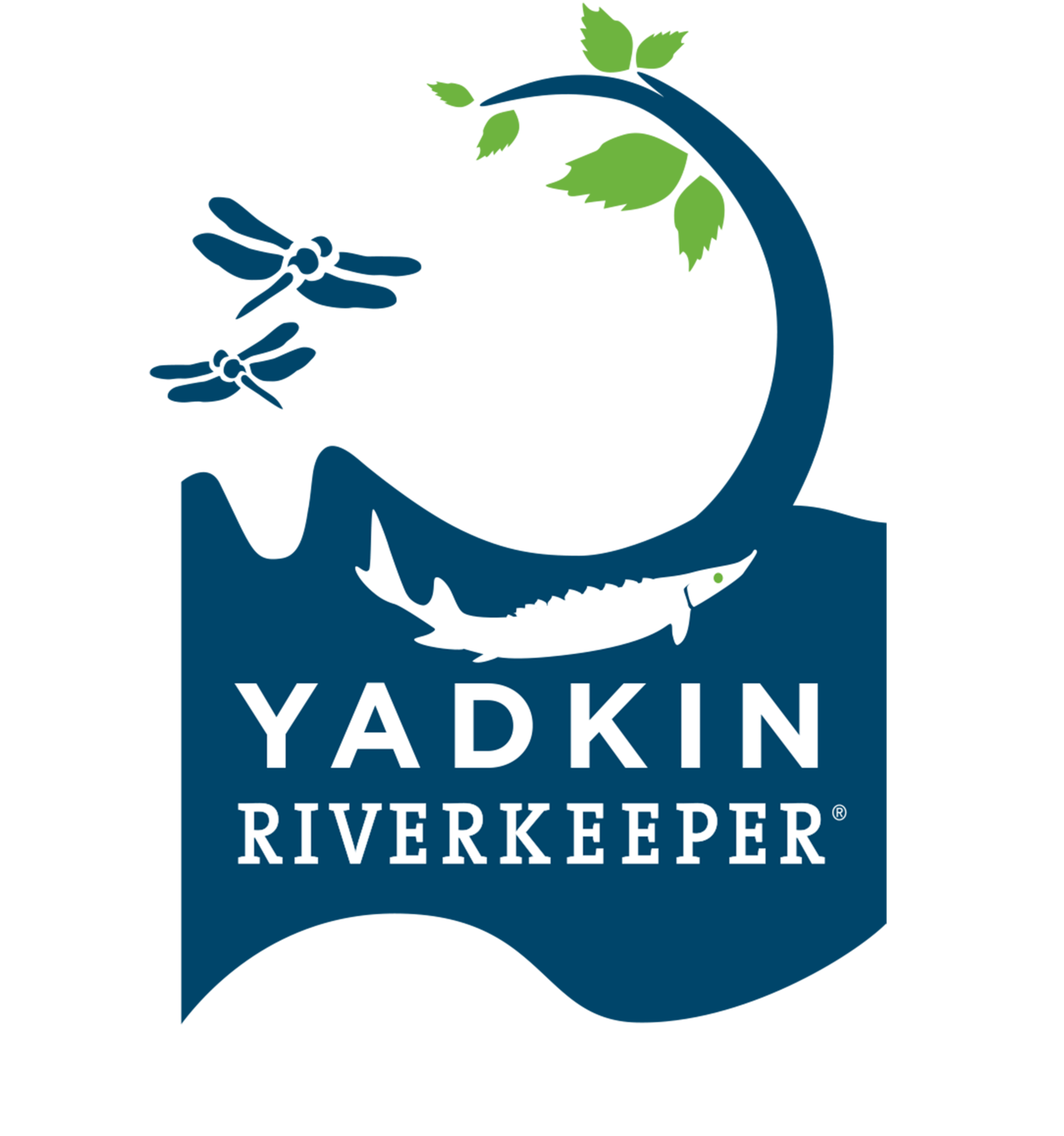Bailey Hill, Environmental Justice Advocate
Grace Fuchs, Riverkeeper Assistant
As Yadkin Riverkeeper employees, we were awarded a Fellowship from the Spatial Justice Studio to study environmental justice in the Yadkin River basin. The Spatial Justice Studio is a collaborative effort between WSSU and UNCSA. The Fellows Program gives funding and support to community members, faculty, and students that work to address spatial injustice through an interdisciplinary lens. Things such as urban planning, environmental regulations, and government boundaries shape the way that people are dispersed across a landscape. These same factors determine the distribution of social services and environmental protections.
What is environmental justice? More importantly, what is environmental injustice? The US Environmental Protection Agency defines environmental justice as “the fair treatment and meaningful involvement of all people regardless of race, color, national origin, or income, with respect to the development, implementation, and enforcement of environmental laws, regulations, and policies. This goal will be achieved when everyone enjoys the same degree of protection from environmental and health hazards, and equal access to the decision-making process to have a healthy environment in which to live, learn, and work.”
The environmental justice movement has strong roots in NC. Actions in Warren County, NC in 1982 are often cited as the start of the environmental justice movement. A hazardous waste landfill was proposed to be built in an area close to water resources and a predominately Black community. Protests happened to try and relocate the landfill away from the neighborhood in a more ecologically sound area. This was a shift in the environmental movement- white people were beginning to see that places that experienced environmental harm often occurred in communities fighting for equal civil rights. The struggle for clean water and environmental justice continues today in communities around the country- in Flint, Michigan, Standing Rock Indian Reservation, and Jackson, Mississippi, to name a few. But what about water resources near Winston-Salem?
The Yadkin River provides drinking water for over 1 million people in NC, including residents of Winston-Salem. The Yadkin drainage basin starts from headwaters in Blowing Rock, then flows east through Wilkesboro and Elkin, and takes a sharp turn south at Pilot Mountain. It continues its journey south through the middle of the Piedmont region until it crosses into SC and becomes known as the PeeDee River.
Environmental injustice manifests itself in the Yadkin watershed, but the extent of which is not fully known. The mapping process involves overlaying environmental and social data to see what patterns emerge, such as: (1) Are communities of color in closer proximity to hazardous waste sites? (2) Are minority residents more likely to live in flood-prone areas? (3) How has historic redlining shaped the way residents interact with the environment?
Yadkin Riverkeeper will be hosting a two-part Environmental Justice Summit to discuss these issues in our region and present a public-facing environmental justice map. Part one of the summit includes a FREE showing of the documentary The Smell of Money, which follows Black residents’ fight against industrial hog farming operations in their eastern NC communities. The film will be screened on Thursday, June 8th at 6:00pm at a/perture Cinema in downtown Winston-Salem.
Sign up for the screening here: https://aperturecinema.com/purchase/332326/
Part two of the summit will be on Friday, June 9th from 6:00-8:00pm at the Center for Design Innovation. This will include unveiling YRK’s public, interactive environmental justice map. Additionally, there will be a panel discussion from local environmental activists and community leaders about issues affecting Forsyth County residents.
Sign up to attend the EJ presentation here: https://www.yadkinriverkeeper.org/events/examining-environmental-injustice
To learn more about this work, check out www.yadkinriverkeeper.org and www.cdiwsnc.org

